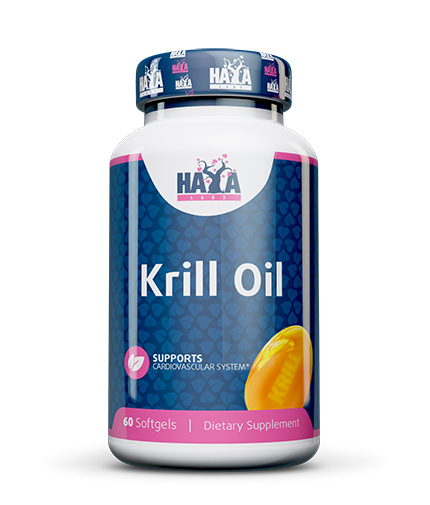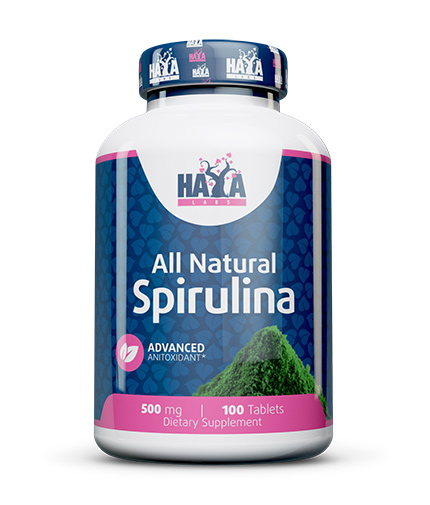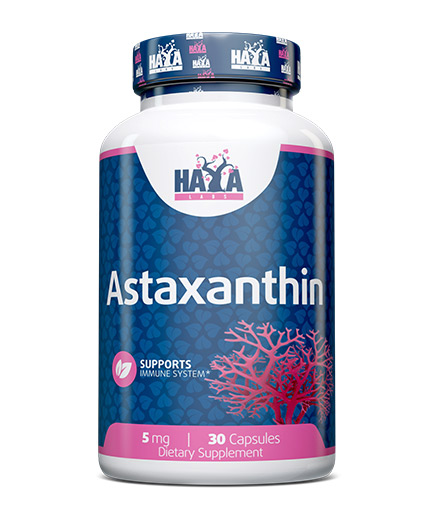
Algae: the hidden treasure
1
1604
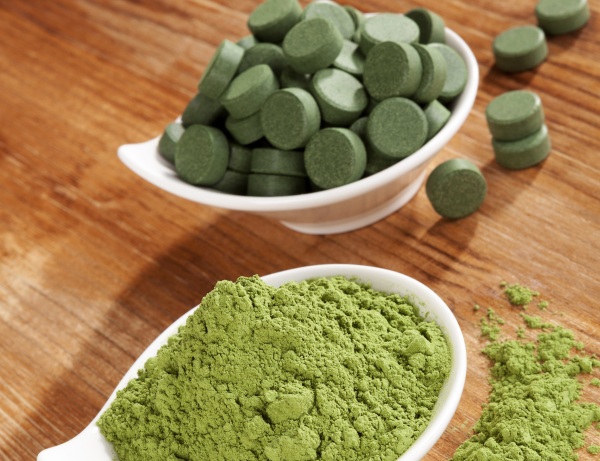
Chlorella
This unique plant grows in sweet water due to the many similarities is often confused with another type of algae – spirulina. It is extremely high in protein which makes it very suitable choice for vegetarians and vegans. Chlorella also contains important vitamins such as A and vitamins from B group, and micronutrients such as zinc and magnesium. Consuming chlorella as a part of your diet or as a supplement helps the body rid if the toxins, improves digestion and boosts the immune system. Some research suggests that this unique plant can fight cancer cells.
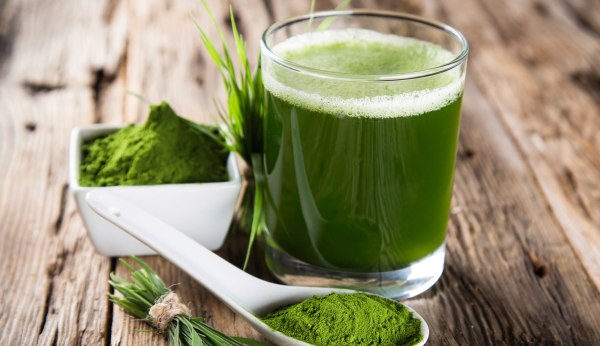
Spirulina
Probably the most famous type of algae, spirulina is a cyanobacteria – a class of micro organisms which nourish themselves through photosynthesis or in other words they need sunlight to live. Spirulina has with many proven health properties.
read more
These blue-green algae also supply the body with plenty of vitamins and micronutrients which contribute to the overall health, act as a powerful antioxidant and stimulate the immune system. The world of professional sport takes a special interest in spirulina due to its ability to increase endurance and reduce joint inflammation.
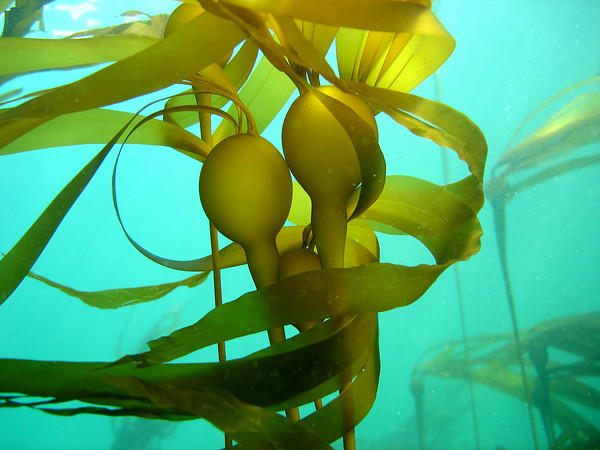
Kelp
Kelp is a type of long brown algae, which prefers warm climate and grows in beautiful big underwater forests which can become up to 30 meters long. Kelp serves a food source for sea life and is largely used as ingredient in different kinds of supplements.
It contains a diverse amount of vitamins and nutrients such as A, C, K, iron, manganese, calcium, niacin and zinc. Consumption of kelp helps in weight control due its ability to prevent fat absorption, has a string anti-inflammatory effect and supports bone density. Kelp also has very high content of iodine and it should be used in moderation.
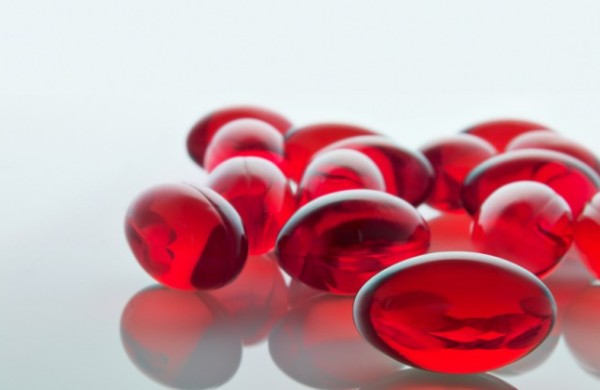
Astaxanthin
Astaxanthin as a unique carotenoid, found in many species of marine life, but we are going to focus on the one, derived from the microalgae which bears the Latin name Haematacoccus pluvialis. These tiny red organisms live in fresh water and are famous for their high content of astaxanthin.
Researchers think that the pigment protects Haematacoccus pluvialis from the harmful UV rays which is why astaxanthin finds a large use in the cosmetic industry. The algae carotenoid is also supports muscle recovery and is often included in sport supplements. Astaxanthin is one of the leading nutrients for protection and support of eye health.

